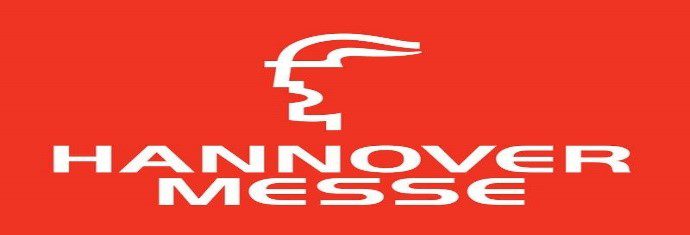Govt aims to slash plastic imports by half in five years. The Indonesian government plans to halve the imports of industrial-use plastics in the next five years by encouraging more investors to enter the plastic manufacturing industry in the country.
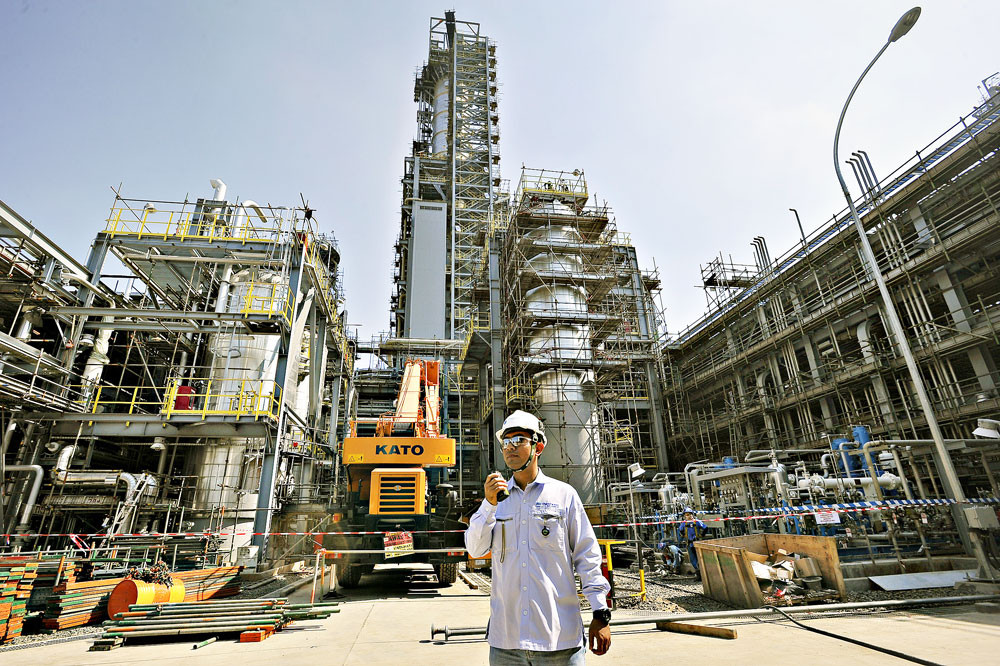
The increase in local plastic production would also help improve the country’s manufacturing capability and reduce imports.
Indonesia imported a staggering US$20 billion worth of plastic as intermediary goods and manufacturing ingredients in 2018, 10.6 percent of Indonesia’s overall exports, the Industry Ministry’s director general for the chemical, textile and miscellaneous industries, Achmad Sigit Dwiwahjono, said at a manufacturing exhibition on Tuesday last week.
In the same year, the domestic plastic industry grew by a modest 6.9 percent, even though it was far better than the 2.47 percent growth recorded in 2017. It also contributed Rp92.6 trillion ($6.6 billion) to gross domestic product (GDP), a much smaller figure than imports.
“If we can enhance investments in this sector […] in the next five years, we hope that we will be able to substitute 50 percent of our [annual] plastic imports with local products,” Sigit said.
He pointed out that the recovery of last year’s plastic industry growth was thanks to two major investments by the Korea-based Lotte Chemical Titan, which amounted to $3.5 billion, and Chandra Asri Petrochemicals, which amounted to $4 billion.
In earlier statements last year, Sigit expressed confidence that once the two companies began production in 2023, it would reduce imports of cracked naphtha, which is a main ingredient to make plastics, by 60 percent.
However, despite the opportunities the industry had offered, it still faces multiple challenges, he said.
“Domestic producers of plastic ingredients are still unable to fulfill domestic demand, both in terms of quantity and specifications,” he said. “The rampant rejection of plastic products that leads to decreasing plastic usage is also a challenge, even when the actual cause is our poor waste management.”
Plastic manufacturing is an Indonesian industrial mainstay, data from Industry Ministry shows. With 925 companies that employ more than 37,000 people, the sector produced a total of 7.23 million tons of plastic in 2018.
The sector has also seen a stable, albeit weak, growth in demand over the past five years of an average of 5 percent, the ministry claims.
Responding to the government’s import substitution target, Indonesian Olefin, Aromatic and Plastic Industry Association (INAplas) secretary-general Fajar Budiyono said a 50 percent import substitution by 2025 would be incredibly hard to achieve as it required a huge investment.
“If we can maintain our demand at 5 percent annually, we might be able to close in on that substitution target,” Fajar said on the sidelines of the exhibition, acknowledging that demand would be unlikely to improve, thus discouraging more investments.
Furthermore, Fajar noted that it would take years for plastic investors to set up their production bases in Indonesia, given the complexity of the production chain, making it impossible to see a sudden spike of locally made plastic in the near future.
“Investments take time to be realized regardless of the location and we also have a problem whereas our investment growth is being held back by stagnating demand. Nevertheless, once this problem is addressed, we believe that the import substitution target could be achieved,” he said.
Fajar also mentioned the government’s plan of charging excise on plastic bags, claiming the uncertainty over its implementation had made investors wary of expanding their businesses.
“The cross-ministry coordination between the Industry Ministry [and other concerned ministries] still has not resulted in a uniform agreement […] but investors are looking forward to seeing the details of how this excise is going to be applied.” Govt aims to slash plastic imports by half in five years (Rachmadea Aisyah, The Jakarta Post)


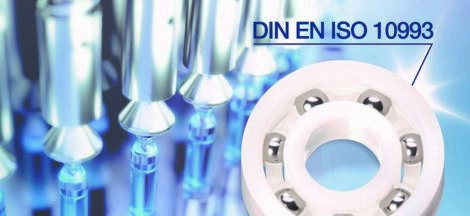
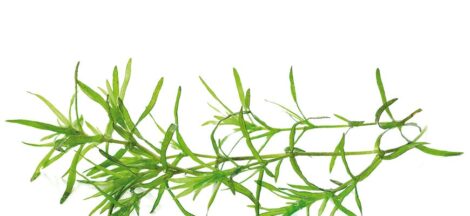
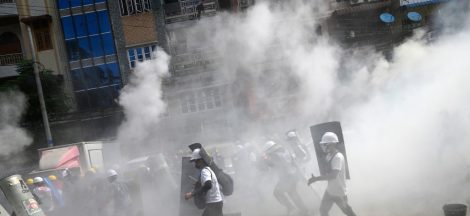
 Startups Offer Wider Health Access to People
Startups Offer Wider Health Access to People 